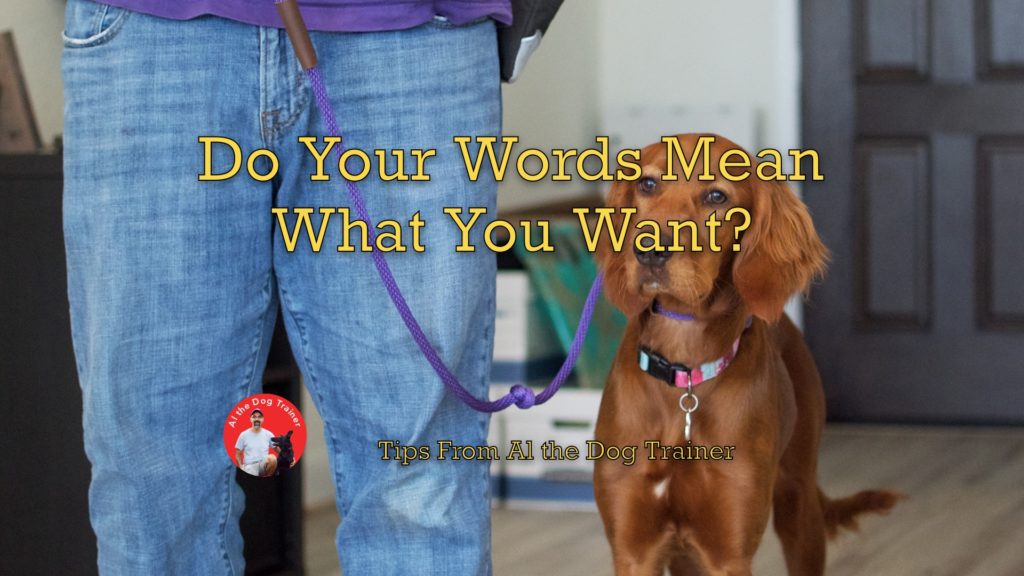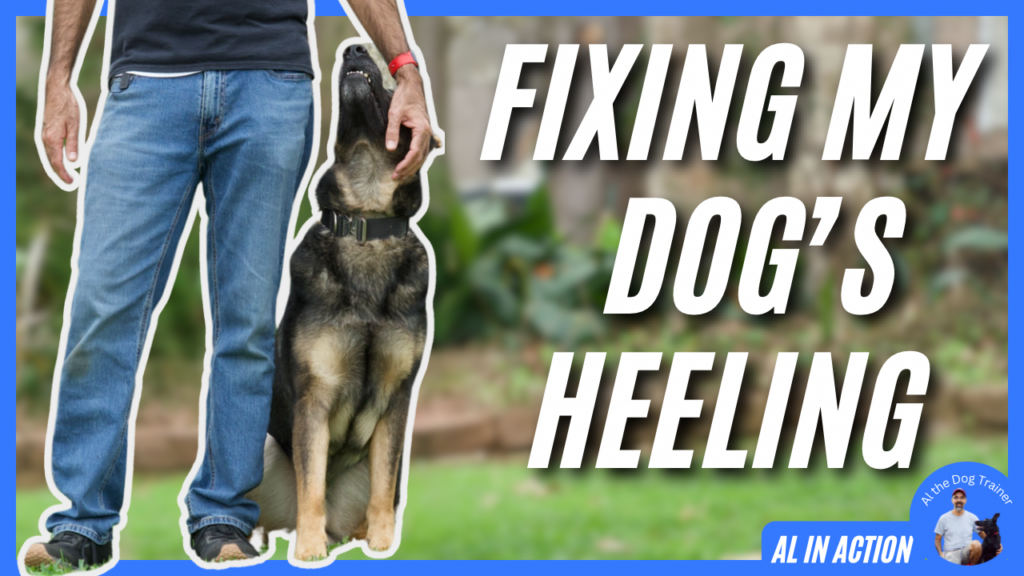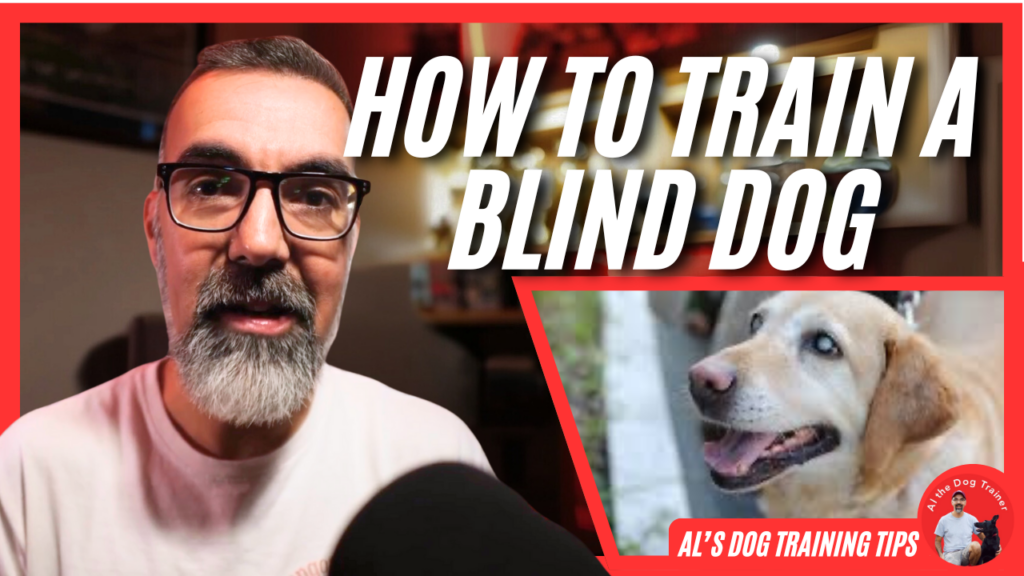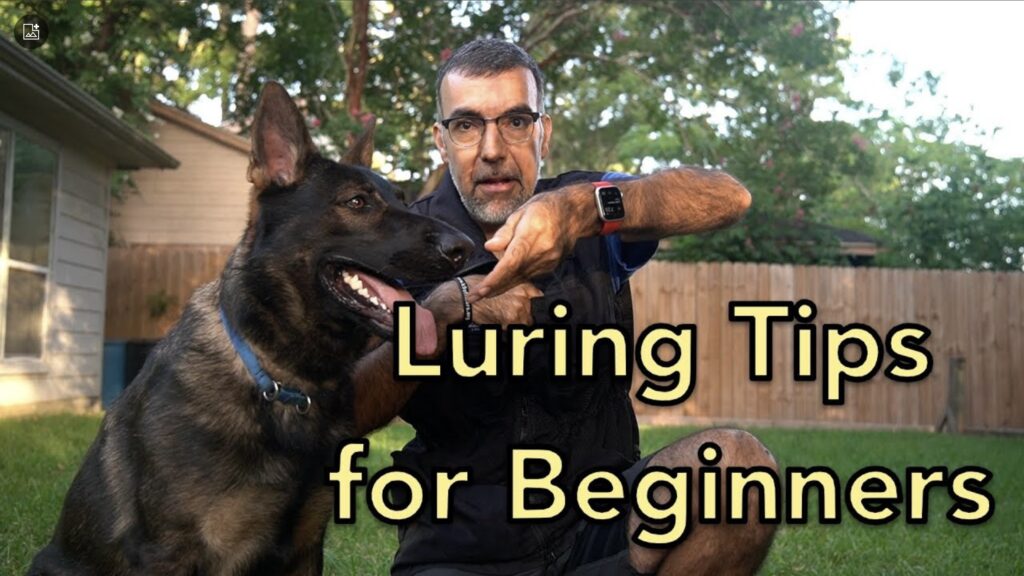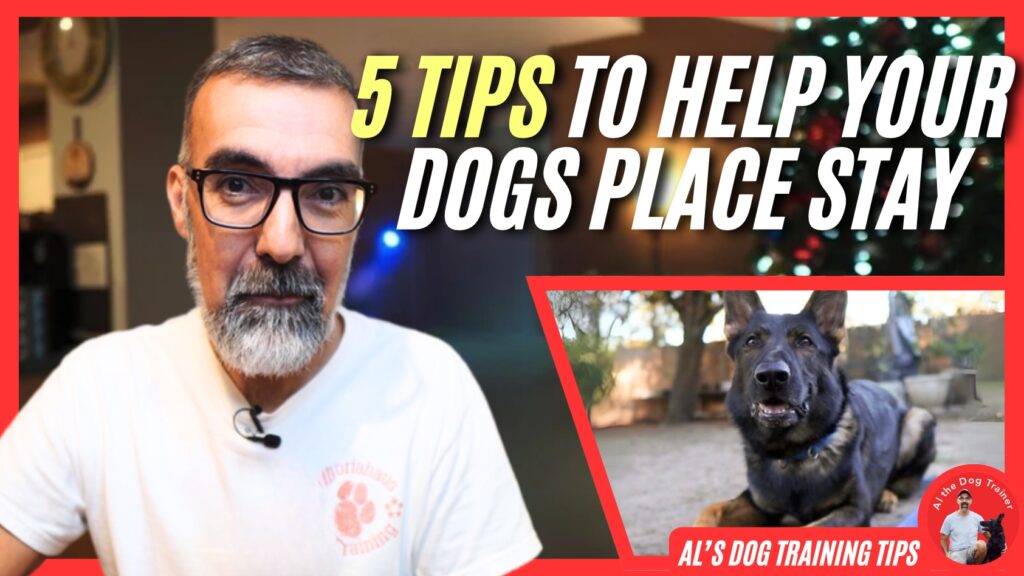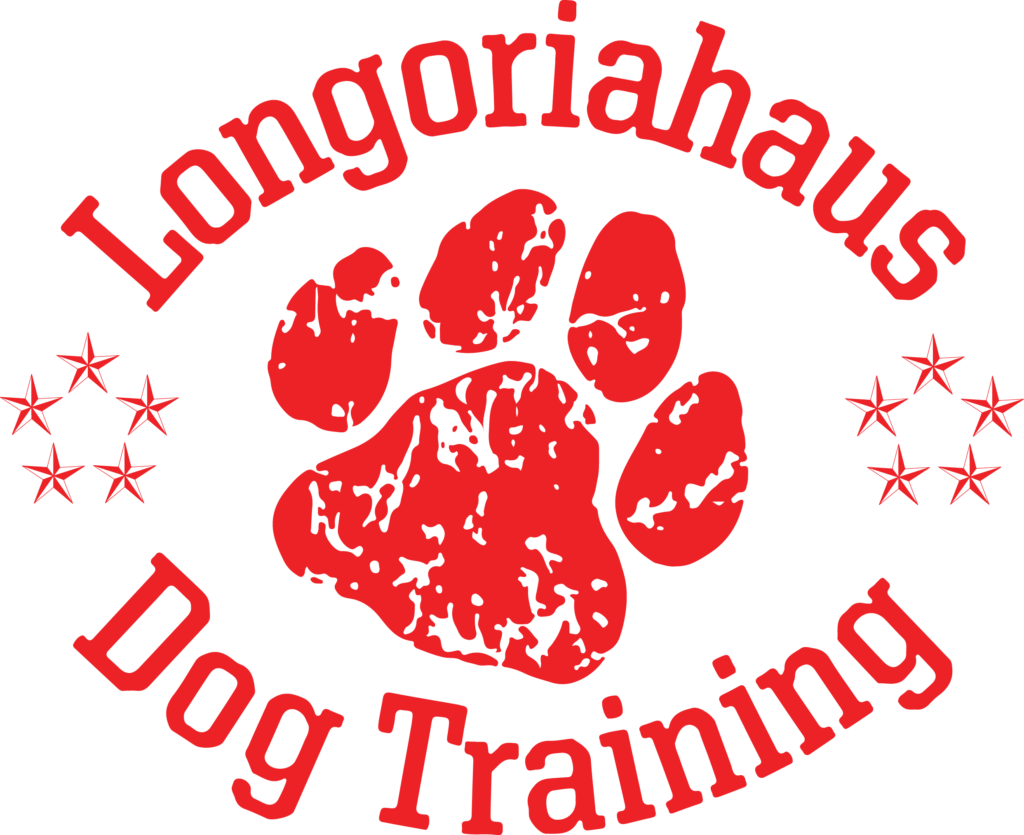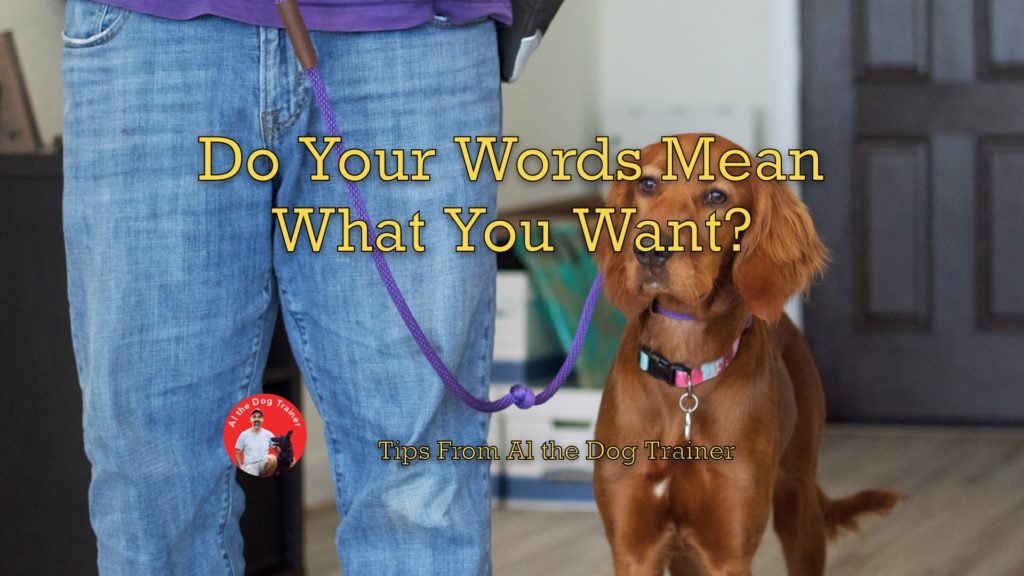
Do your words mean what you want? I just wrapped up training with a family and their wonderful Weimaraner today. The people are fantastic folks and as we go through any type of training process, there are going to be hills and valleys. The dog did really well with the class.
Today we were evaluating how the training had gone. I noticed a couple of things in my clients’ technique when they tell their dog to go on his bed. The dog will go over to its bed and 3 seconds later decide to come off the bed and jump on somebody, or get on the couch. Everybody recognizes that the dog should not be doing this, and they give the command again. The dog will go back to his bed and sometimes he will get rewarded.
The Mistake
The mistake they made today is one that I have made myself numerous times. I have learned over the years, when you give your dog a command, we dog-owners want to be as rewarding as possible with our dogs. We also want to be merciful with the rules.
The dog has been through a training process that teaches it’s good to do that specific thing. When you tell them to get on the bed and they decide to come off, you should not reward them. You should probably use your leash or training collar to put the dog back. Make the dog a little uncomfortable for a moment.
I am not saying that the dog should experience pain. There needs to be some degree of accountability. When the dog comes off the bed, you should not sit there and give the command over and over. Believe it or not, the dog is learning your words.
The Answer
So, how do you protect yourself from this? The answer is simple, but the execution isn’t always easy.
When my clients gave the command, they didn’t have a leash on their dog. I understand it’s not always easy or convenient to have a leash on your dog, but it’s a necessity. Especially when you are expecting any type of distraction. Keep your leash accessible so when a distraction enters the environment, you can quickly use it. Put your dog on the bed and correct your dog, when he comes off.
The Tip
Here is a tip for any type of place training: Have several leashes throughout the house, wherever you might practice the place stay. Look at the training inside your house the same way you would outside your home and be prepared.
This will make it easy to pair your verbal cues with gentle, and sometimes firm, pressure through your leash. Consistent reinforcement and communication will also make it easier for your dog to understand what you want him to do.
I am always looking to help, so if you have any questions, text my tip line at 832-734-5189. You can also visit my YouTube Channel or find more tips right here on my website at www.longoriahausdogtraining.com.
Happy Training!

